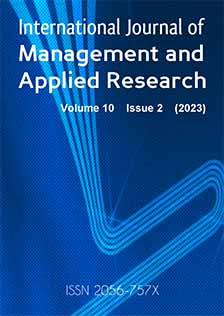Where Educators Can Benefit From the Wisdom of Clowns
Where Educators Can Benefit From the Wisdom of Clowns
Author(s): Sean McCuskerSubject(s): Education, Adult Education, Personality Psychology, Psychology of Self, Behaviorism, Social development, Sociology of Culture, Sociology of Education
Published by: New Millennium Discoveries Ltd
Keywords: Clown; Failure; Fallibility; Teaching; Connection Empathy;
Summary/Abstract: There is much discourse around the need for learners to be allowed to make mistakes. This is embedded in established aphorisms such as “It’s OK to make mistakes” or “There is no such thing as a silly question”. Yet, educators themselves are often reluctant to make mistakes or appear uninformed or ‘stupid’ themselves. Conventional forms of teacher education which try to instil these values and practices, are largely unsuccessful, not least because Education is increasingly constructed as a mechanistic operation with clear measurable outcomes (Nørgård, Toft-Nielsen and Whitton, 2017) and any pedagogy which deviates from this, creates risk of failure. Into this space Design Thinking is introduced, underpinned by creative and innovative, human-centred and empathetic approaches which encourage the abandonment of preconceptions, promote improvisation and experimentation, challenge assumptions and reframe the issues at hand. The less conventional approach proposed here suggests that teachers can become more able to accept their fallibility and be familiar with risk and failure, through observing and identifying with, a profession whose success is predicated on failure, that of the clown. This article proposes that many of the principles of Design Thinking are second nature to clowns. Through inspection of the principles and practices of clowns, their applicability in the pedagogical domain is emphasised, allowing the recommendation to be made that educators should observe the performances of professional clowns and through this, learn to embody a little of the ‘clown spirit’ allowing them to be more amenable to failure, fallibility and not-knowing.
Journal: International Journal of Management and Applied Research
- Issue Year: 10/2023
- Issue No: 2
- Page Range: 125-134
- Page Count: 10
- Language: English

